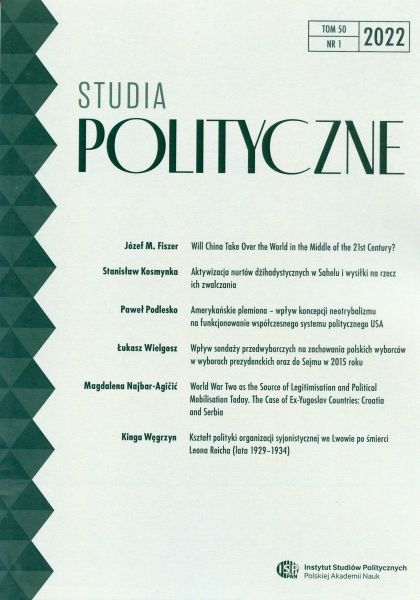
Jakość rządzenia, stan psychiczny i postawy wobec rynku i demokracji w krajach Grupy Wyszehradzkiej na tle Europy Północno-Zachodniej
The goals of the study are to: 1. examine the impact of the quality of public service management on the mental state and attitudes towards the market and democracy in the Visegrád Group countries compared to Northwest Europe; 2. identify different mechanisms connecting the quality of governance with the mental state and attitudes towards the market and democracy in both groups of countries and their interpretations in terms of the neo-institutional theory. The quality of governance has been assessed based on the respondents’ opinions about the provision of public services. Low evaluation of the quality of public services and the belief in privileges and corruption in their distribution coexist with a poorer mental state, antimarket attitudes, less trust in democratic institutions and dissatisfaction with democracy.
Differences:
1. Institutional exclusivity is relatively greater in the Visegrád Group. Contesting attitudes towards the market and democracy are in a relatively higher degree a consequence of the low quality of services and low incomes.
2. In these countries, public services relatively weakly compensate for income inequalities.
3. In Northwest Europe, contesting attitudes towards democratic and market institutions are the consequence of privileges and corruption in the distribution of services.
4. In the Visegrád Group countries, privileges and corruption are greater, but less frustrating. Institutional exclusiveness is slightly more accepted in the Visegrád Group countries than in Northwest Europe. This state of affairs is the consequence of equipping public administration with resources and cultural patterns. If the administrative resources were the same in all the compared countries, the level of exclusivity would be relatively higher in the Visegrád countries for cultural reasons.




